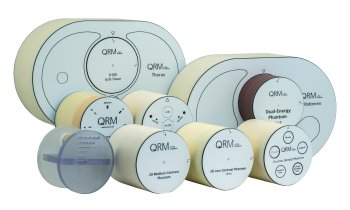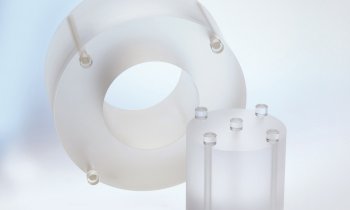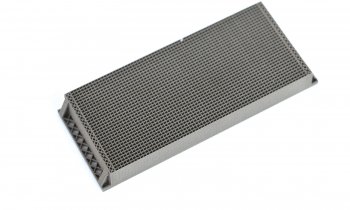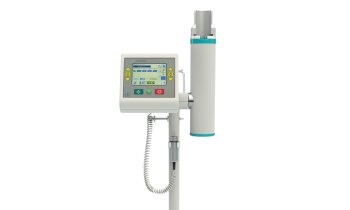Surviving the financial climate
Earlier disease detection will save healthcare services
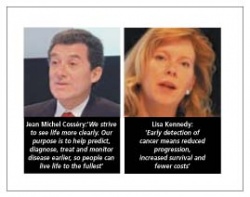
Strokes, cancer and heart attacks - the three most common causes of death - also generate enormous treatment costs. The later their diagnoses, the more costly the treatments. Today, medical technology companies are concentrating on developing diagnostic systems to detect these diseases as early as possible. We asked members of General Electric Healthcare for their thoughts on future developments.
For Jean-Michel Cosséry, Chief Marketing Officer for GE Healthcare, the rise in information for patients is one of the big trends in healthcare. The word ‘health’ is the second most commonly entered on internet search engines. All those involved in healthcare deliveries (doctors, patients as well as insurers) are faced with a multitude of problems. ‘Doctors are under time pressure and often cannot give patients what they need. Medical insurers only have a specific financial budget and cannot always pay for everything that could be covered, and an increasingly ageing population requires an increasing amount of medical care,’ he points out. The way forward, he believes, is to shift away from symptom-based diagnosis to the earlier disease diagnoses.
Current costs
Numerous international studies prove the significant cost increase due to later disease diagnosis. Looking at cardiovascular disease, for example, the continuous monitoring of risk factors (e.g. blood pressure, cholesterol) costs about €850 a year, whereas treatment for heart failure costs €17,000. For stroke, monitoring risk factors (e.g. blood pressure, smoking) costs about €1,200 a year (for regular monitoring of risk factors such as blood pressure and smoking) to €14,000 for a smaller stroke (Rankin Score 1) and even €63,000 for a Rankin Score 5 type stroke. ‘Every one of us has a lot of control over a large number of these risk factors – alcohol, high blood pressure, high cholesterol, obesity, diabetes and unhealthy diet, all have a significant impact on health. Everyone should really be aware of this,’ said Dr Lisa Kennedy, Head of Health Sciences at GE Healthcare.
Prevention is the magic word for the future. The 1-10-100 rule used by technology manufacturers can also be applied to the escalation of costs in healthcare. Solving a quality issue on site, which costs around €10,000 would only have cost around €1,000 if it had already been discovered during a design review at the factory. More careful product development might have cost only around €100. For Dr Kennedy there is no question: Investing in early diagnosis pays off. Earlier intervention means a patient is likely to live longer. Patients with unfavourable dispositions can enjoy life a lot more untroubled. But how can doctors identify patients’ risks earlier? ‘With the help of molecular imaging, said Dr Jean-Luc Vanderheyden, Global Molecular Imaging Leader at GE Healthcare. One molecular imaging system already available is the PET-CT, which combines positron emission tomography and computed tomography. Whereas CT shows a patient’s morphology, PET shows the functional processes in the body. Radioactively marked substances used to diagnose cancer can be traced all over the body, for instance. In cancer diagnosis, this effect is used in that tumour cells have a stronger metabolic behaviour than normal cells, so the substances are able to mark the tumours for imaging purposes. This method enables the detection of cancer at a much earlier stage than possible using CT only. ‘GE develops biomarkers not only for oncology but also for neurology and cardiology. We want to show diseased cells clearly so that we can plan and monitor precise therapy,’ he explained.
Jean-Michel Cosséry’s prophetic summation: In future healthcare systems patients themselves will deal with risk factors in a more responsible way. Earlier and more efficient diagnoses will lead to more effective treatment and, together with finely tuned, highly efficient medication, customised for each patient, will lower treatment costs.
16.11.2006
- cardiovascular diseases (733)
- CT (605)
- economy (1046)
- PET/CT (185)
- prevention (699)
- research (3483)
- stroke (224)








